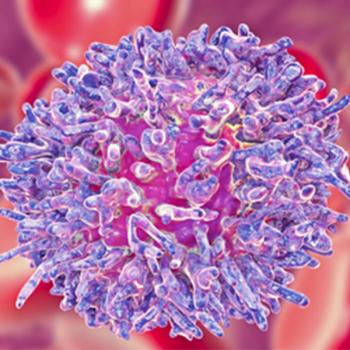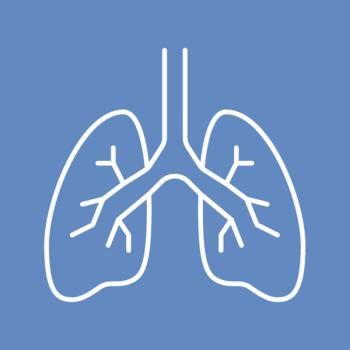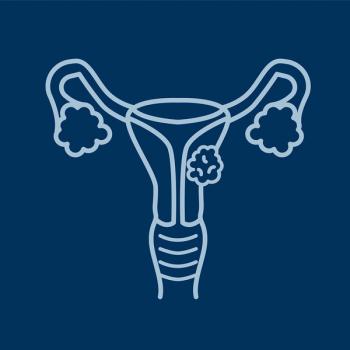
In a world of unfamiliarity and uncertainty, patient advocates help guide those with cancer through challenging diagnoses and the decisions that come with them.

In a world of unfamiliarity and uncertainty, patient advocates help guide those with cancer through challenging diagnoses and the decisions that come with them.

As CAR T-cell therapy expands to solid tumors, oncology nurses play a key role in monitoring, educating, and supporting patients.

Nurses play a key role in helping patients with cervical cancer weigh the risks and benefits of radiation and concurrent chemotherapy.

Through the highs and lows of working in oncology nursing, being present with colleagues and patients alike is a gift.

Integrating PRO tools in survivorship care may help oncology nurses address ongoing emotional and physical needs of ovarian cancer survivors.

Catherine Boyles, RN, OCN, explains how to help patients help themselves when preparing for appointments.

Understanding which patients may benefit from CLDN6-targeting immunotherapy and recognizing potential adverse effects is essential for oncology nurses.


Explore essential mental health support strategies for older adults with cancer, addressing grief, community resources, and tailored care approaches.

Oncology nurses can ensure patients with non–small cell lung cancer receive the optimal treatment quickly by understanding comprehensive genomic profiling.

Oncology nurses can encourage clinical trial enrollment for patients with anaplastic thyroid cancer, a rare and aggressive cancer type.

AYA Cancer Awareness Month offers an opportunity for nurses to go further in supporting AYAs with cancer.

Oncology nurses can support patients facing financial toxicity by offering guidance on available resources and providing emotional support.

Oncology nurses can enhance endometrial cancer recovery by fostering strong social support networks and improving communication with the patient.

Oncology nurses play a key role in advocating for metastasis-directed therapy in prostate cancer.

Oncology nurses and APPs play a key role in educating patients on BREAKWATER study findings and their impact on BRAF-mutant CRC treatment.

Similar to financial toxicity, time toxicity can have a profound impact on a patient’s quality of life.

Adolescent and young adult survivors of cancer face increased substance use risks due to developmental delays, limited support, and coping mechanisms, necessitating targeted prevention.

Oncology nurses can provide patients with information regarding the risks and benefits of these medications in cancer treatment.

Oncology nurses can educate patients on the benefits of subcutaneous administration, including reduced time in the infusion center.

Pharmacologic strategies may be able to prevent abnormal uterine bleeding in patients undergoing stem cell transplant.

Oncology nurses play a crucial role in monitoring the severity and frequency of treatment-related symptoms, particularly nausea.

Oncology nurses are instrumental in assessing cancer-related fatigue and educating patients about potential interventions.

Oncology nurses play a crucial role in educating patients about the significance of liquid biopsy in diagnosis and its use in evaluating resistance.

Oncology nurses can utilize risk assessment to predict patients at increased risk for cisplatin-induced acute kidney injury.

Oncology nurses can provide patient and provider education about the benefits of stepped palliative care.

An oncology nurse's experience with her mother's cancer and her own BRCA2 diagnosis shapes her approach to patient care.

Oncology nurses can help optimize quality of life in patients by addressing interrelated symptom clusters.

Oncology nurses can discuss dose modifications for common smoking cessation agents with patients and providers to improve smoking cessation rates.

Oncology nurses play a vital role in informing patients about the importance of molecular testing and brain imaging in EGFR-mutated lung cancer.